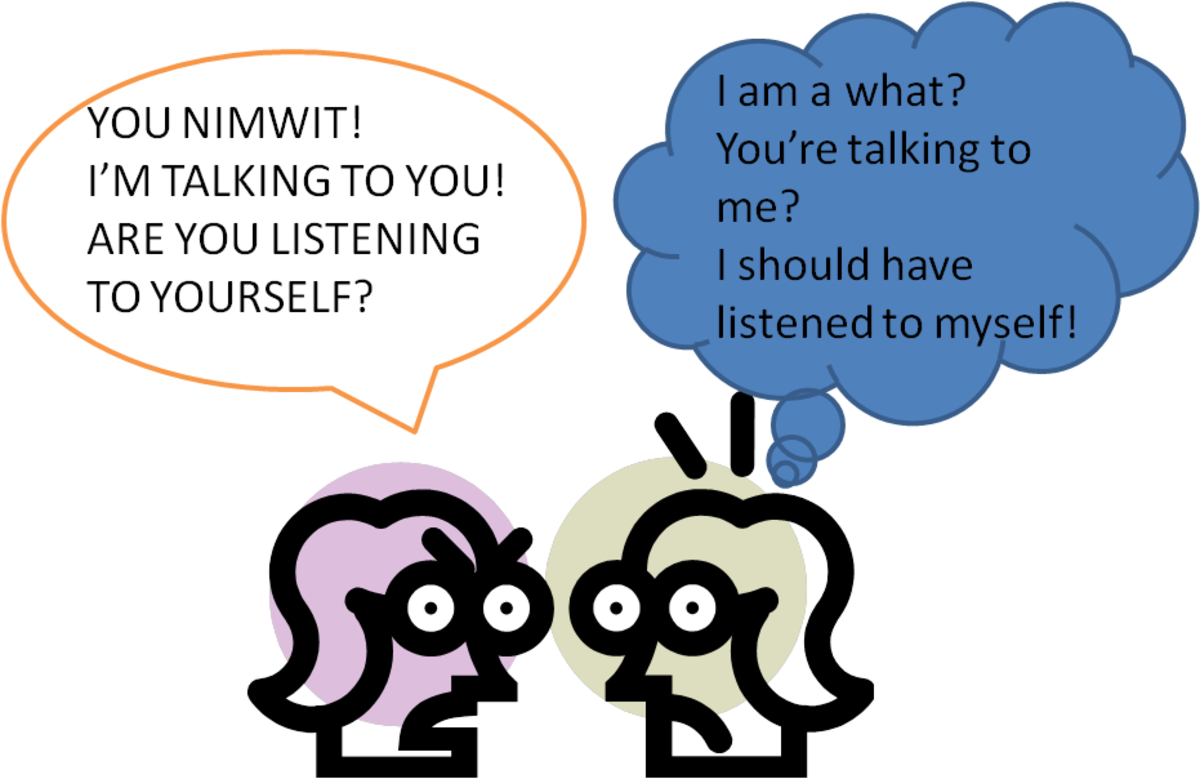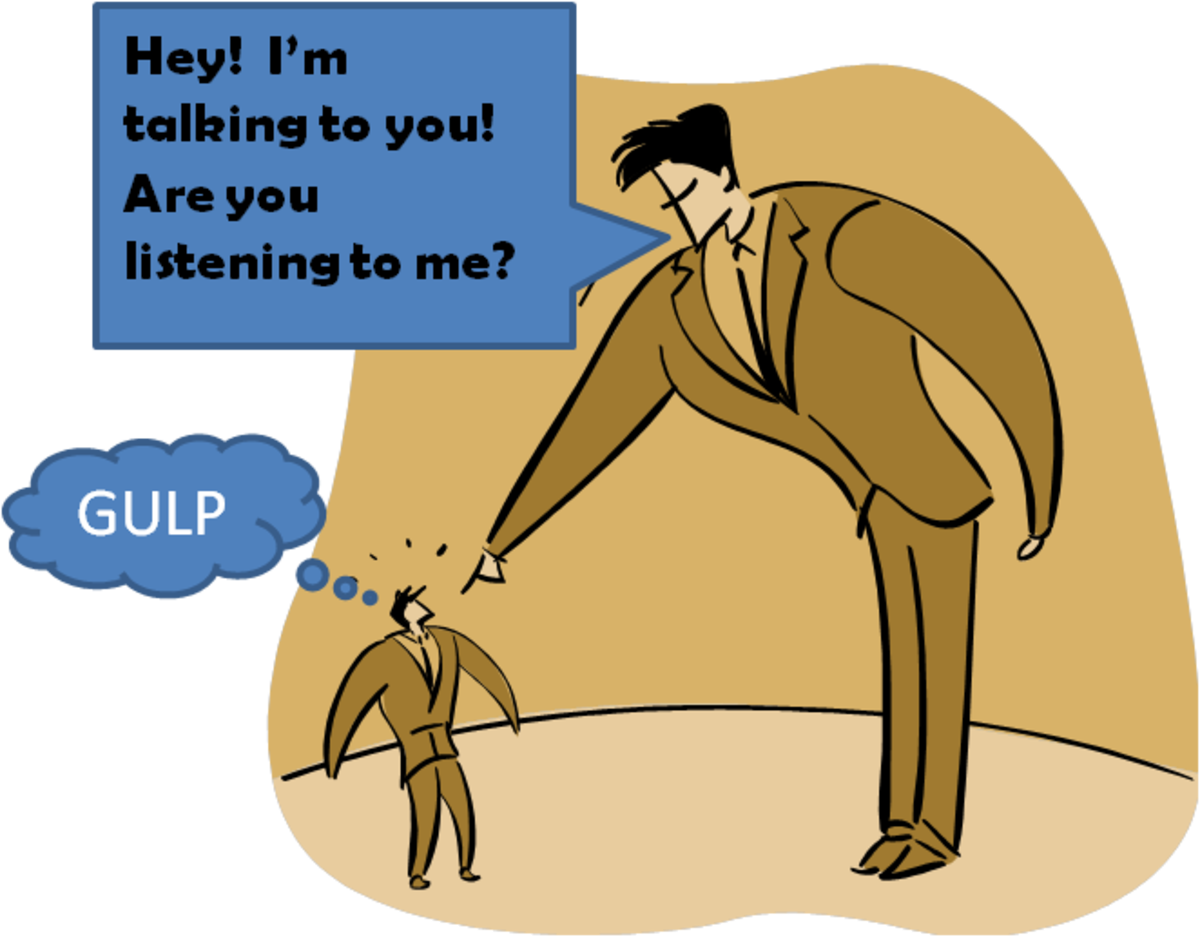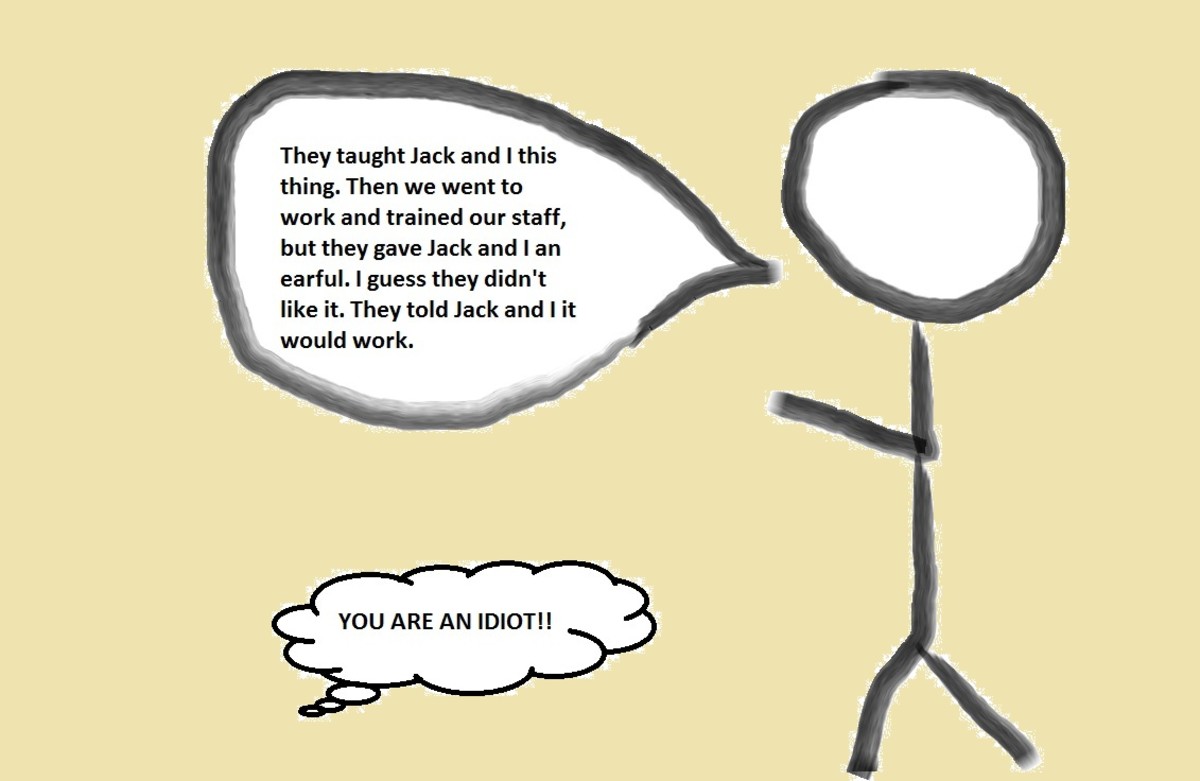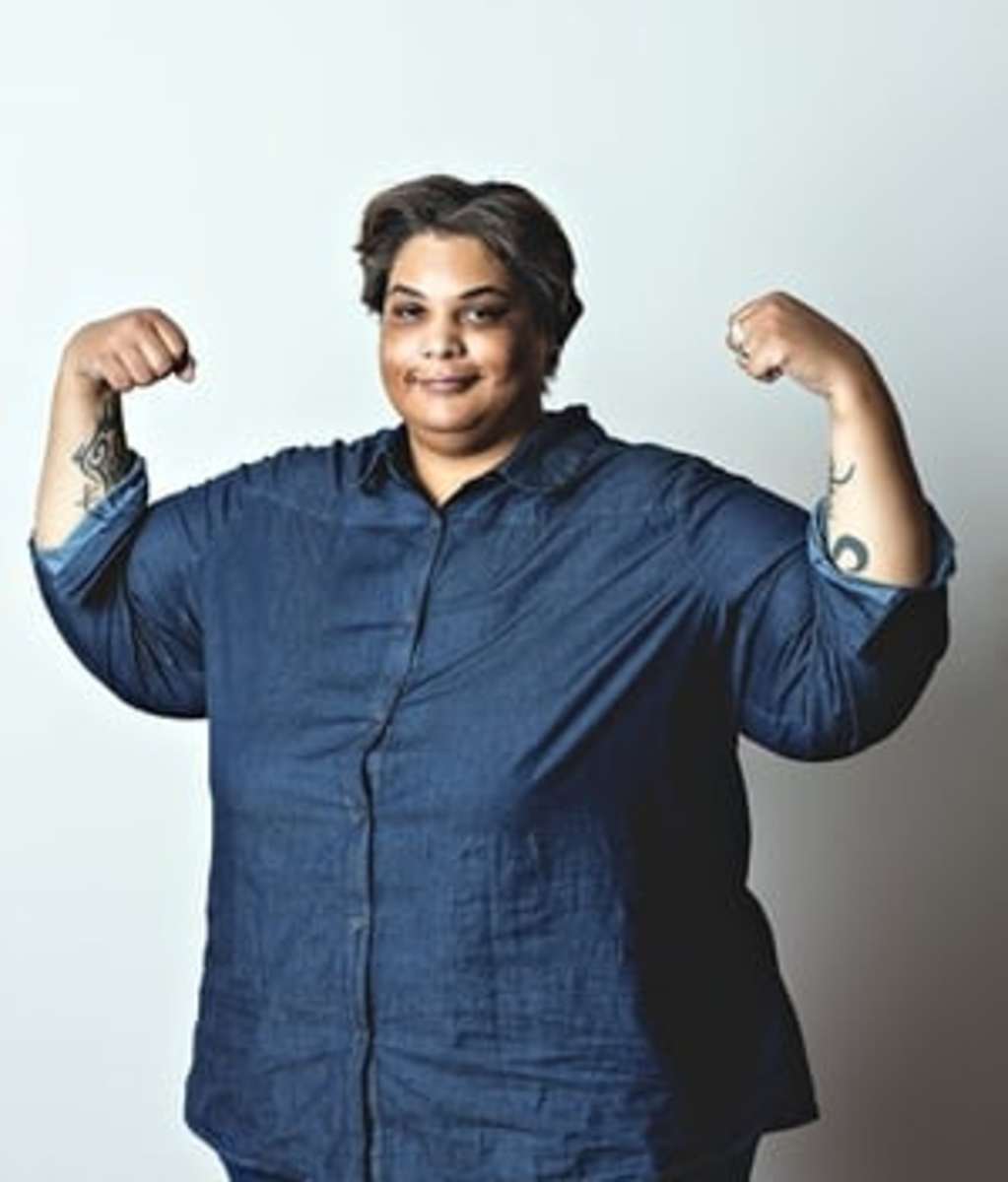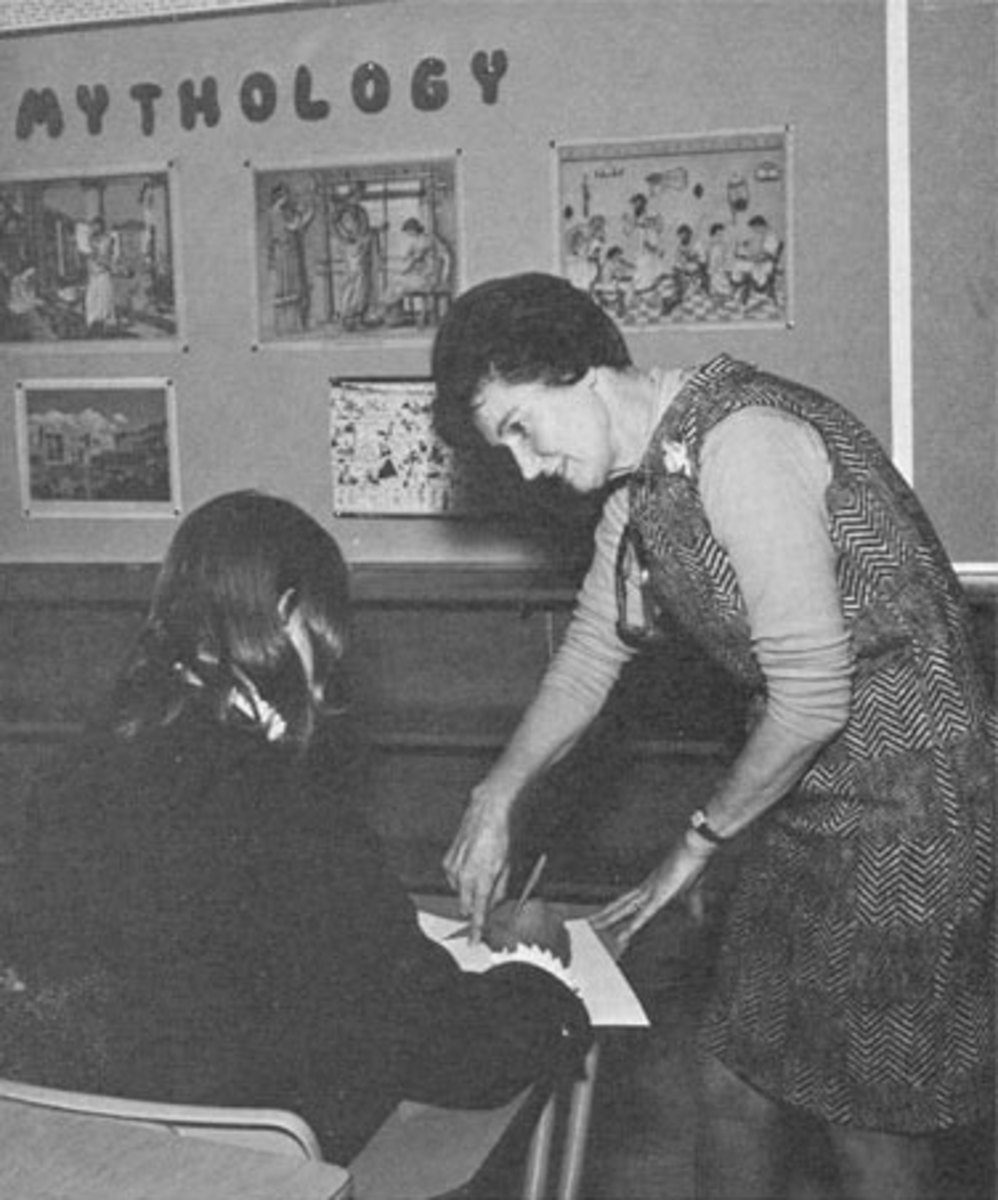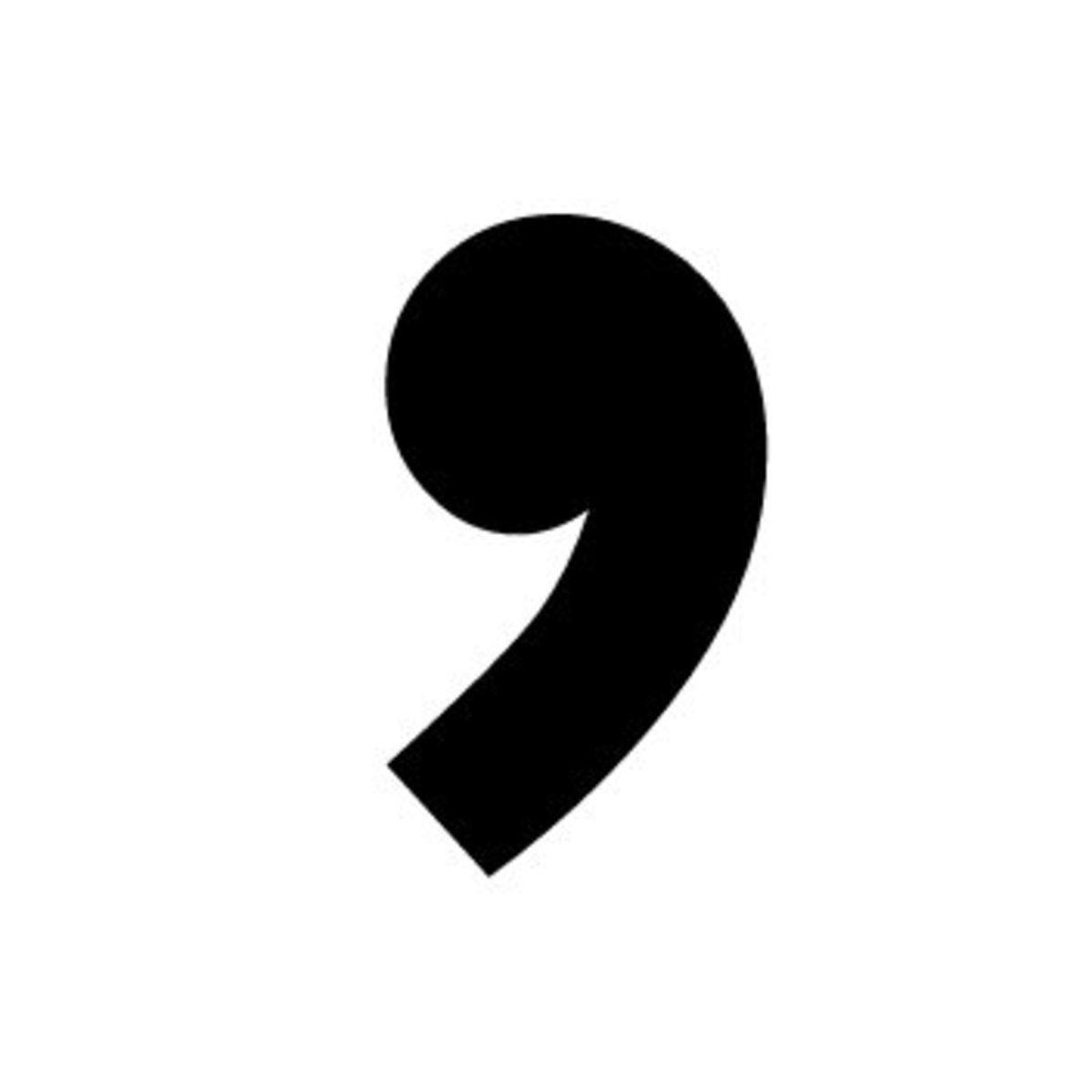Pronoun Usage: Grammar Guide
Personal Pronouns
- I
- You
- He
- She
- It
- We
- You
- They
What is a Pronoun?
A pronoun takes the place of a noun or refers back to that noun. It is important to use the correct pronoun so your reader does not become confused.
- Monique planned on running a 5K race because she wanted to support Multiple Sclerosis. ("She" is the pronoun used for the noun Monique.)
- Monique planned on running a 5K race because Monique wanted to support Multiple Sclerosis. (In this sentence the redundancy of her name makes the sentence awkward.)
Reflexive Pronouns
- Myself
- Yourself
- Himself
- Herself
- Itself
- Ourselves
- Yourselves
- Themselves
Possessive Pronouns
- Mine
- Yours
- His
- Hers
- Its
- Ours
- Yours
- Theirs
Prounous should ALWAYS agree in number.
It is important for your pronouns to always correctly represent your noun or nouns. Thus, they should agree in number so that your reader does not become confused.
- The girl was the best in her class because she studied the hardest. (The pronoun "she" represents the singular girl.)
- The boys won the English contest because they wrote the best stories. (The pronoun "they" represents the plural boys.)
REMEMBER: Anyone, everybody, anybody, neither, each, nobody, someone, and a person are all singular!
- Everybody brought a treat for his or her mother. (The pronoun "his or her" represents the singular everybody.)
- Neither of the boys called his father after the competition. (The pronoun "his" represents the singular neither.)
Pronouns should ALWAYS agree in the correct person.
If you are writing in the first person (I) then your pronoun should be the first person. If you are writing in the second person (you) then your pronoun should agree. If you are writing in the third person (he, she, it, they) then your pronoun should agree.
- When a student writes an essay, he or she should use spellcheck.
- When a student writes an essay, you should use spellcheck. (This is INCORRECT.)

